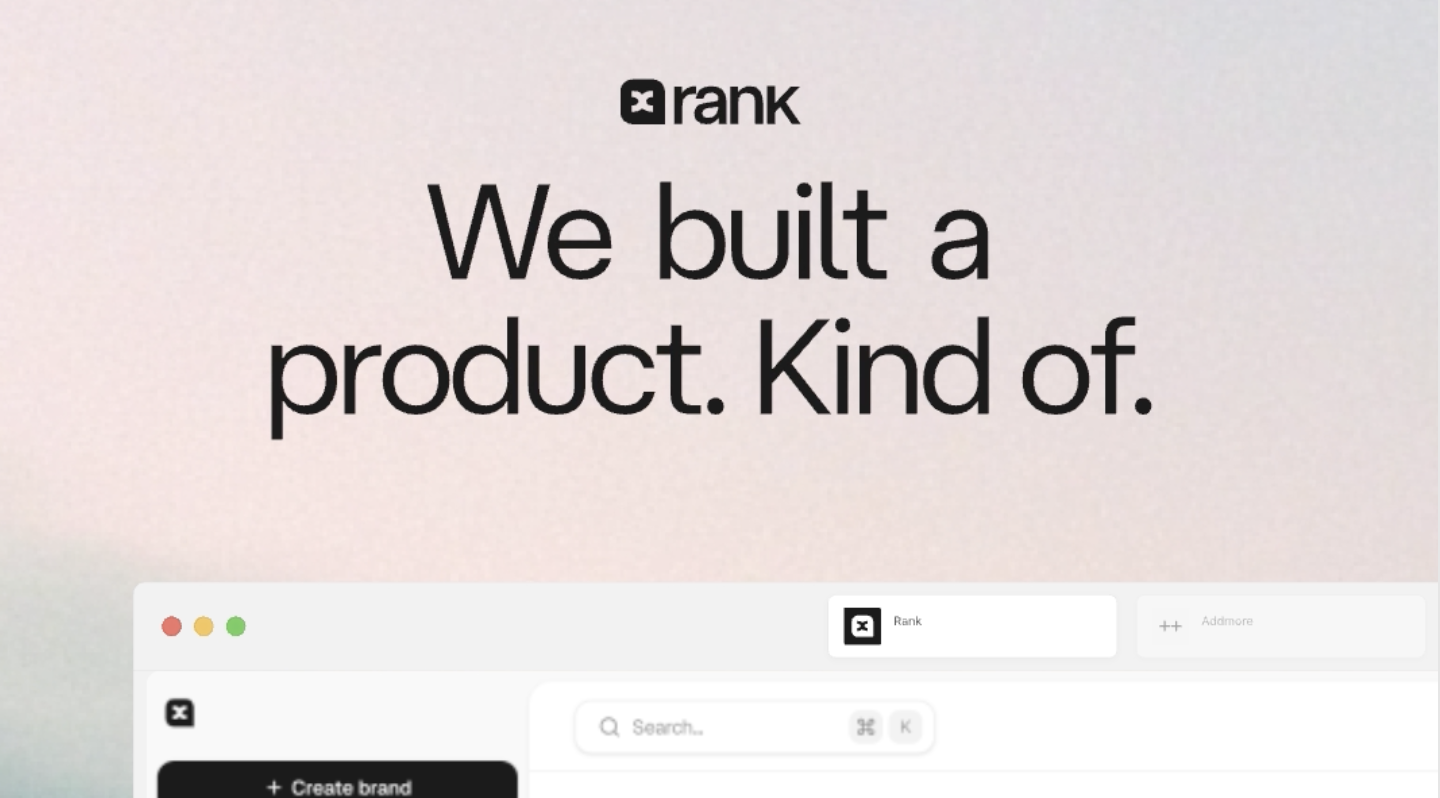
The product launch paradox: why perfect timing doesn't exist
Ready to launch? Here's the thing about launching a SaaS product: it's never about being ready.
Your coffee got cold. The deck has been rehearsed seventeen times. Your product does exactly what you built it to do or almost. And yet, here you sit, paralyzed by the weight of "what if."
What if the messaging isn't sharp enough? What if the market isn't ready? What if, what if, what if.
Here's what nobody tells you about launching: perfection is the enemy of good. And good is all that matters. At least at the beginning.
Here are things to look out for when you are trying to launch your product into the world:
The clarity test
Before you do anything else, try this: explain your product to a stranger in an elevator. Thirty seconds. No tech jargon. No features lists. Just this: what you do, why it matters and to whom.
Can't do it? You're not alone. Most founders can build an amazing software but struggle to explain why anyone should care. This isn't a marketing problem, it's a foundations problem.
Your positioning isn't a slogan. It's the lens through which everything else makes sense. Get this right, and your website writes itself. Your first campaign becomes obvious. Your audience self-selects. Well…maybe we exaggerated here. But only a bit.
Get it wrong, and you'll spend months wondering why nobody understands what you've built. This one is for sure.
The website fallacy
Somewhere along the way, we decided that launching meant having the perfect website. Beautiful animations. Pixel-perfect typography. A homepage that would make Jony Ive weep.
But here's the truth: your website isn't a masterpiece. It's a conversation starter.
People don't buy software from websites. They buy it from people and their stories. Your site's job is simple: tell the story clearly, build trust, and get out of the way.
Strip away everything that doesn't serve this purpose. What remains is what you need for your launch
The focus question
When everyone is your customer, no one is. Pretty sure that was Seth Godin who first said that.
This is why most launches fail before they begin: the refusal to choose. To pick one audience. One channel. One clear G2M strategy
But choosing means renouncing, saying “no” in simple words. It means admitting you can't be everything to everyone and accepting that some opportunities will pass you by.
The market rewards focus, not ambition. Build for someone specific, and you'll find others who see themselves in that someone. Build for everyone, and you'll be ignored .
The signal strategy
Your first campaign isn't about generating leads. It's about generating understanding.
Who responds? Who doesn't? What language resonates? What falls flat?
Every click is data. Every conversion is validation. Every bounce is a lesson learnt.
Too many founders expect their first campaign to deliver hockey-stick growth. But hockey sticks don't start vertical but horizontal. Your job is to find that horizontal line and follow it until it bends upward.
Drive traffic. Collect signal. Resist the urge to scale what you haven't proven.
The iteration imperative
Think of your launch as a fun experiment, not an event. Nothing is that serious.
We saw that the founders who succeed aren't the ones who launch perfectly. They're the ones who launch quickly and are eager to iterate. They're the ones who listen more than they speak and can question their own opinion.
Your first try isn't your final one. Your first message isn't your best message. Your first audience isn't your only audience.
But they're yours to start with. Ans starting is the scariest thing. But it gets easier, we promise.
The compound effect
Here's what Apple understood from day one: great products aren't launched, they're introduced. And introductions happen one person at a time.
You don't need to be everywhere. You need to be somewhere that’s relevant for your product. You don't need massive reach. You need meaningful connection.
(1) Start sharp or at least just start (2) get traction (3) compound from there.
Anyways, to sum up, this is why we built Launch Lab. It exists to help founders cut through the noise and start with clarity. Story, site, first campaign. End to end. Because the world doesn't need another perfect launch. It needs yours.



